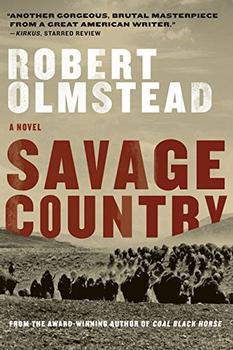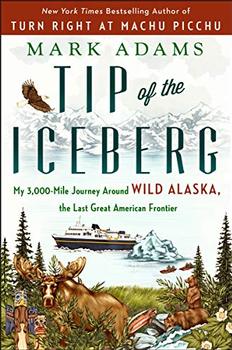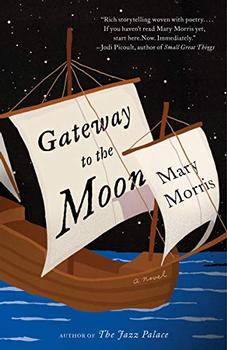Summary | Excerpt | Reviews | Beyond the book | Read-Alikes | Genres & Themes | Author Bio

A Novel
by Robert OlmsteadA gripping narrative of the infamous hunt which drove the buffalo population to near extinction--the story of a moment in our history in which mass destruction of an animal population was seen as the only route to economic solvency. And the intimate story of how that hunt changed two people forever.
"For weeks countless swarms of locusts, brown-black and brick-yellow, darkened the air like ash from a great conflagration, their jaws biting all things for what could be eaten."
In September 1873, Elizabeth Coughlin, a widow bankrupted by her husband's folly and death, embarks on a buffalo hunt with her estranged and mysterious brother-in-law, Michael. With no money, no family, no job or security, she hopes to salvage something of her former life and the lives of the hired men and their families who depend on her. The buffalo hunt that her husband had planned, she now realizes, was his last hope for saving their land.
Elizabeth and Michael plunge south across the aptly named Deadline demarcating Indian Territory from their home state, Kansas. Nothing could have prepared them for the dangers: rattlesnakes, rabies, wildfire, lightning strikes, blue northers, flash floods, threats to life in so many ways. They're on borrowed time: the Comanche are in winter quarters, and the cruel work of slaughtering the buffalo is unraveling their souls. They must get back alive.
There is a touch of Hemingway in the story's structure, more of Cormac McCarthy as it turns a cold eye toward the violence, all laced with spare stark sentences shaping images from our history too often obscured by myth. The book is an elegy for America created, a continent subdued by hard men, Colt revolvers, and Sharps rifles...continued
Full Review
 (680 words)
(680 words)
(Reviewed by Gary Presley).
 It's not mentioned specifically in Robert Olmstead's Savage Country, but his references to settlers driven off the land by crop failures, drought, and other factors might be seen as one of the adverse influences of 1862's Homestead Act, probably the most significant factor in the expansion of the United States across the continent.
It's not mentioned specifically in Robert Olmstead's Savage Country, but his references to settlers driven off the land by crop failures, drought, and other factors might be seen as one of the adverse influences of 1862's Homestead Act, probably the most significant factor in the expansion of the United States across the continent.
Signed into law by Abraham Lincoln, the Act offered 160 acres of "public land" (meaning federal territory) to any head of household. The cost? Eighteen dollars. But there was a condition: "Each homesteader had to live on the land, build a home, make improvements and farm for 5 years before they were eligible to prove up."
 Olmstead's novel notes that many of those "homes" on a would-be settler's land were "...
Olmstead's novel notes that many of those "homes" on a would-be settler's land were "...

If you liked Savage Country, try these:

by Mark Adams
Published 2019
From the acclaimed, bestselling author of Turn Right at Machu Picchu, a fascinating and funny journey into Alaska, America's last frontier, retracing the historic 1899 Harriman Expedition.

by Mary Morris
Published 2019
From award-winning novelist Mary Morris comes the remarkable story of a remote New Mexican town coming to grips with a dark history it never imagined.